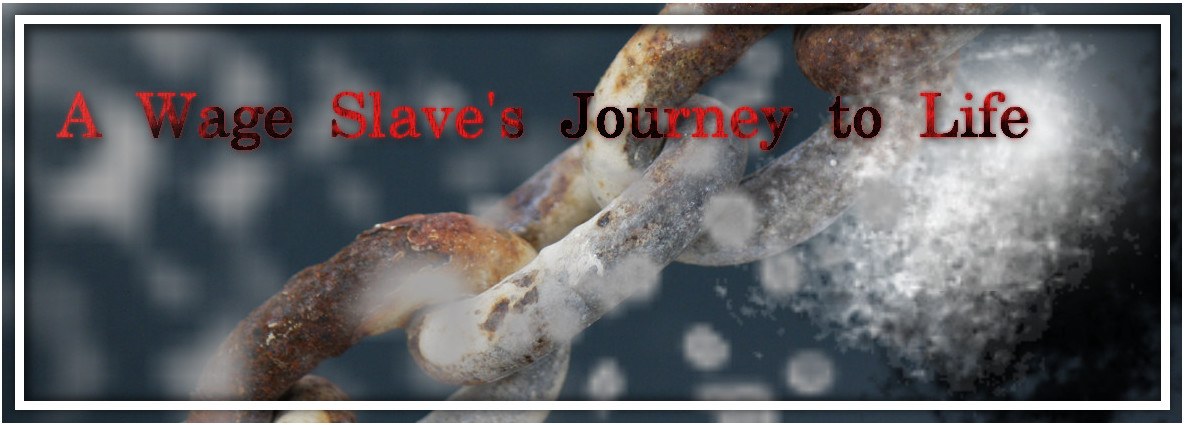 Here's a funny little post depicting
some of the things that ice cream shop employees face in their jobs:
Here's a funny little post depicting
some of the things that ice cream shop employees face in their jobs:
Part of the reason I am here using the specific example of working in an ice cream shop, is because I recently have myself become an employee of an ice cream shop, and so have had the 'pleasure' of discovering the unexpected/unpredicted horrors that accompany this particular job. One thing I have come to learn from having had quite a variety of service jobs throughout my life thus far, is that there are usually all kinds of such horrors that are different and particular to a certain job, which you wouldn't likely have a clue about, without actually being in such a job and experiencing it first hand. Like I have never had a job as a server/waitress, so I wonder what unexpected things come along with that particular venue that I don't know because I've never done it.
So I could pull from any number of my previous job experiences to talk about the horrors that go on, the kinds of things that you just can't believe would be expected of a human being to go through on a daily basis just to eke out a very, very meager living, especially if you are no longer/not living at home/with family covering some/most of your bills.
But I find the particular example of the ice cream shop is cool because it is such a contradiction of experiences, where, as the humorous author of the above article put it, “Everyone who comes in is filled with the joy of getting ice cream while this is your unpleasant job.” This irony has certainly not been lost on me or my fellow ice cream-scoopers, as we sweat and groan and watch our wrists bend in grotesque angles as we try to form the perfect scoop or at least one that is good enough, and hear a very oft repeated comment, “Oh that looks like it's really hard work! Sorry!” phrased in one way or another, and I'm pretty sure I recall having said this myself once when I went to an ice cream shop some years ago, and feeling really bad for what that person had to go through to provide me with a delicious scoop of ice cream.
A lady came into the shop and told us her daughter had worked at a Baskin & Robbins for four years, and now her wrists are so bad that if she picks up something kind of heavy, like a mug, her hands go numb. A doctor had told her that if she had worn a wrist brace while working it might have prevented a lot of the damage. So why is it that such things aren't like a standard piece of equipment that would be supplied for such a job? Or why do such jobs exist that would cause such physical harm as a result of the labor required? Why do we allow such things to exist?
One thing I notice is that when we're faced with an uncomfortable truth about reality, we tend to try to make something positive out of it. Like in the case with the ice cream shop, we very often hear comments along the lines of “Well, at least your arms will be really strong!”, like it is actually a positive thing, but in reality it's not. It's likely leading you to carpal tunnel and possible a host of other problems that can be a result of imbalance in the body say where you are working one side more than the other, like scooping ice cream all day with mostly your dominant hand.
I guess we've never considered actually finding a solution for such situations like this, and that's why they continue. And working in an ice cream shop is not nearly the worst job I myself have gone through, nor anywhere near as bad as many, many others go through around the world. It's as if we've accepted this as the way it has to be, but really it's only this way because we've accepted it and we're not doing anything about it.
Fortunately for us, we do have the capability and the capacity to ensure that our labor is not compromising in any way. I mean, would we want our products and such that we consume to be the product of any kind of suffering, if we are capable of doing it without such suffering and trauma? What I would like to see is a world where we can actually take care of and care for ourselves. Where we are not just batteries providing energy to the system for a moment, to be used up and spat out once we have broken, to use an all-too-true metaphor from one of my favorite movies The Matrix. Because this is what we've allowed ourselves to essentially become. I used to be angry at the system that it was this way, but I've since realized that blaming the system was no solution. We have to become the solution ourselves. So I'll go to here for this post and continue in the next with what this means to become the solution ourselves and some of the things that I am applying myself within my daily living at the workplace.
Related articles
Scooping ice cream can constitute workplace hazard: Alberta tribunal





















